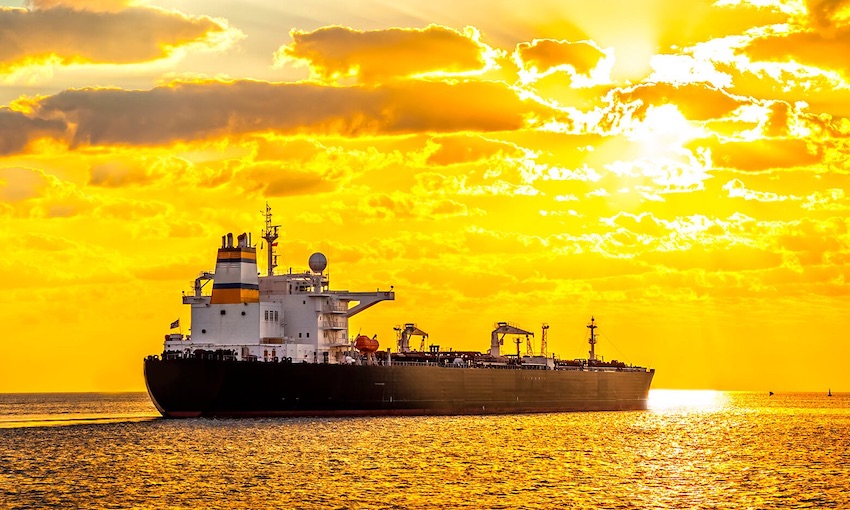SPEAKING on a panel at the Port of Houston’s Global Freight Summit on 19 May, Maersk North America managing director Narin Phol shared the company’s timeline, strategy and plans to decarbonise operations by 2050.
Meanwhile, Rodolphe Saadé, chairman and CEO of the CMA CGM Group, announced in his address to the United Nations Global Compact the support of the production of 12,000 tonnes of biomethane (equivalent to one-year’s consumption of two 1,400-TEU vessels).
Biomethane is a renewable green gas produced from sources including organic and plant waste from European agriculture that is processed at methanation facilities.
CMA CGM customers working with Containerships, its intra-European line specialist, can now choose to use biomethane and cut their carbon dioxide emissions by at least 67% on a well-to-wake basis (full value chain) on the intra-European shipments of their goods.
They will receive an official certificate stating the quantity of biomethane allocated to the shipment of their goods and the corresponding reduction in carbon dioxide emissions. The entire system complies with the ISO 14020, 14021 and 14067 standards and is certified by an independent body.
Maersk’s Narin Phol said around half of Maersk’s 200 largest customers have set – or are in the process of setting – ambitious science-based or zero carbon targets for their supply chains, and the figure is on the rise.
“We don’t have all the answers therefore the process requires a lot of collaboration to achieve a common goal,” Mr. Phol commented at the Global Freight Summit.
Maersk has established a team focused on decarbonisation and the end-to-end activities necessary to decarbonise logistics, using a holistic approach.
In 2018, the company announced a pledge to become carbon neutral by 2050. In the nearer term, by 2030 Maersk will continue to reduce CO2 emissions for ocean shipping by 60% per container per kilometre moved, through improved efficiency. Compared to the 2008 baseline, Maersk has already reduced carbon dioxide emissions by 46%.
In 2019, the company introduced a carbon-zero product called Eco Delivery – which offers cargo owners certified carbon neutral shipping based upon use of sustainable biofuel on all major trades (limited availability, not a scalable product).
In March 2020, the company announced that by 2023 it will have the first carbon neutral liner vessel on the water – seven years ahead of the original plan. And, all future Maersk-owned new vessels will have dual fuel technology installed, enabling either carbon neutral operations or use of today’s standard very low sulphur fuel oil as a back-up option.
Mr Phol finished the session by saying, “We will be actively looking to partner with customers and other members of the global logistics industry to drive innovation across the supply chain”.

